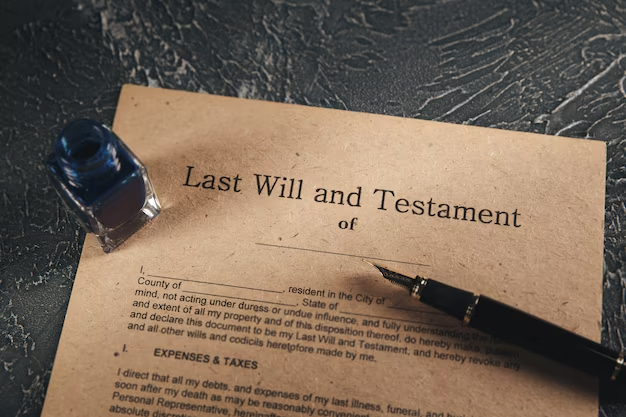Navigating Jury Duty in Texas: How to Gracefully Opt-Out
Jury duty is a civic responsibility that upholds the justice system, yet it's not uncommon to hear people wondering how to avoid it. For many Texans, receiving a jury duty summons can spur a quest for possible exemptions. This guide presents a comprehensive look at how to get out of jury duty in Texas legally and responsibly. While it's an important duty, we understand that life circumstances may require you to seek an exemption. Let's explore your options.
Understanding Jury Duty in Texas
The Basics of Jury Duty
When you're summoned for jury duty, you're being called to participate in a vital aspect of the judicial system. Jury selection involves vetting potential jurors from a pool of citizens to ensure a fair trial by impartial peers. It's a legal obligation, but it also offers civilians firsthand insight into the legal process.
Juror Selection Process
In Texas, the selection process begins with a randomized list from the state's driver's license or voter registration records. Eligible citizens may be summoned, and those selected go through a voir dire process, which interviews potential jurors. This can pose conflicts for some, which might prompt them to seek exemptions or deferrals.
Valid Exemptions from Jury Duty
Common Exemptions
The State of Texas does allow for several exemptions from jury duty, which include but are not limited to:
- Age: Individuals aged 70 or older are automatically exempt.
- Primary caregiver: Persons responsible for a child or disabled individual without alternative care options.
- Full-time students: Students are exempt if attendance would interfere with their schooling.
- Economic hardship: Those for whom attendance would cause significant financial strain.
Ensuring you fall into one of these categories is the first step toward a valid exemption.
Additional Exemptions
Beyond these common categories, you might qualify for exemptions based on:
- Medical reasons: A doctor's note detailing a condition that prevents serving.
- Military duty: Active service members, especially those deployed outside their home county.
How to File for an Exemption
It involves submitting written documentation alongside your juror questionnaire or directly to the court. This could be a letter or a formal application explaining your eligibility for exemption. It's critical to follow the instructions on your jury summons closely to ensure proper handling of your request.
Stepping Through the Deferral Process
Postpone for Later
If a permanent exemption isn't possible, a deferral may be a viable option. Texas courts may allow jurors to postpone their service to a later date, which can be beneficial for those with temporary conflicts.
Guidelines for Deferral
Typically, you can request a deferral by:
- Contacting the court: Reach out using the contact details on your jury summons.
- Explaining your situation: Provide a reasonable explanation for your need to defer.
- Proposing alternative dates: Suggesting dates less than six months away.
Approval will depend on the discretion of the court and the validity of your reasons.
How Exemptions and Deferrals Affect the Court System
The Balance of Responsibility
While the system accommodates valid reasons for exemptions and deferrals, it's crucial not to misuse these options. Excessive exemptions could strain the court system and compromise the fairness of trials by reducing the pool of diverse jurors.
Ethical Considerations
Remember: serving on a jury is both a right and a duty. Striving for exemptions without genuine cause affects the judicial process. Balancing personal needs with social responsibility is essential.
Related Considerations in Jury Duty
Employer Obligations
Texas law protects employees called for jury service. Employers can't penalize workers for attending jury duty, ensuring that civic service doesn't jeopardize employment. Knowing your rights can ease concerns about professional obligations.
Essential Documentation
Before claiming an exemption or deferral, gather necessary paperwork promptly. This might include school schedules, medical records, or affidavit forms. Being prepared can streamline the approval process.
What If You Can't Serve?
In cases beyond standard exemptions or deferral options, communicate directly with the court. Courts may make discretionary case-by-case decisions based on unique personal situations.
Key Takeaways 🌟
- Age & Caregiving: Utilizing age and caregiver exemptions can significantly simplify the opt-out process.
- Communicate Clearly: Keep the court informed about your inability and offer genuine reasons.
- Document Preparedness: Always have necessary documents at the ready to back up your claims.
- Employer Rights: Understand protections from workplace penalties.
Practical Tips 📌
- Stay Timely: Submit exemption/deferral requests well before your report date.
- Respect the Process: Even when looking to opt-out, respect jury duty's role in justice.
Acknowledging the importance of jury duty while evaluating personal circumstances can lead to a balance of civic responsibility and individual necessity. As you navigate these waters in Texas, knowing your rights and options empowers you to make informed decisions with integrity and awareness.

